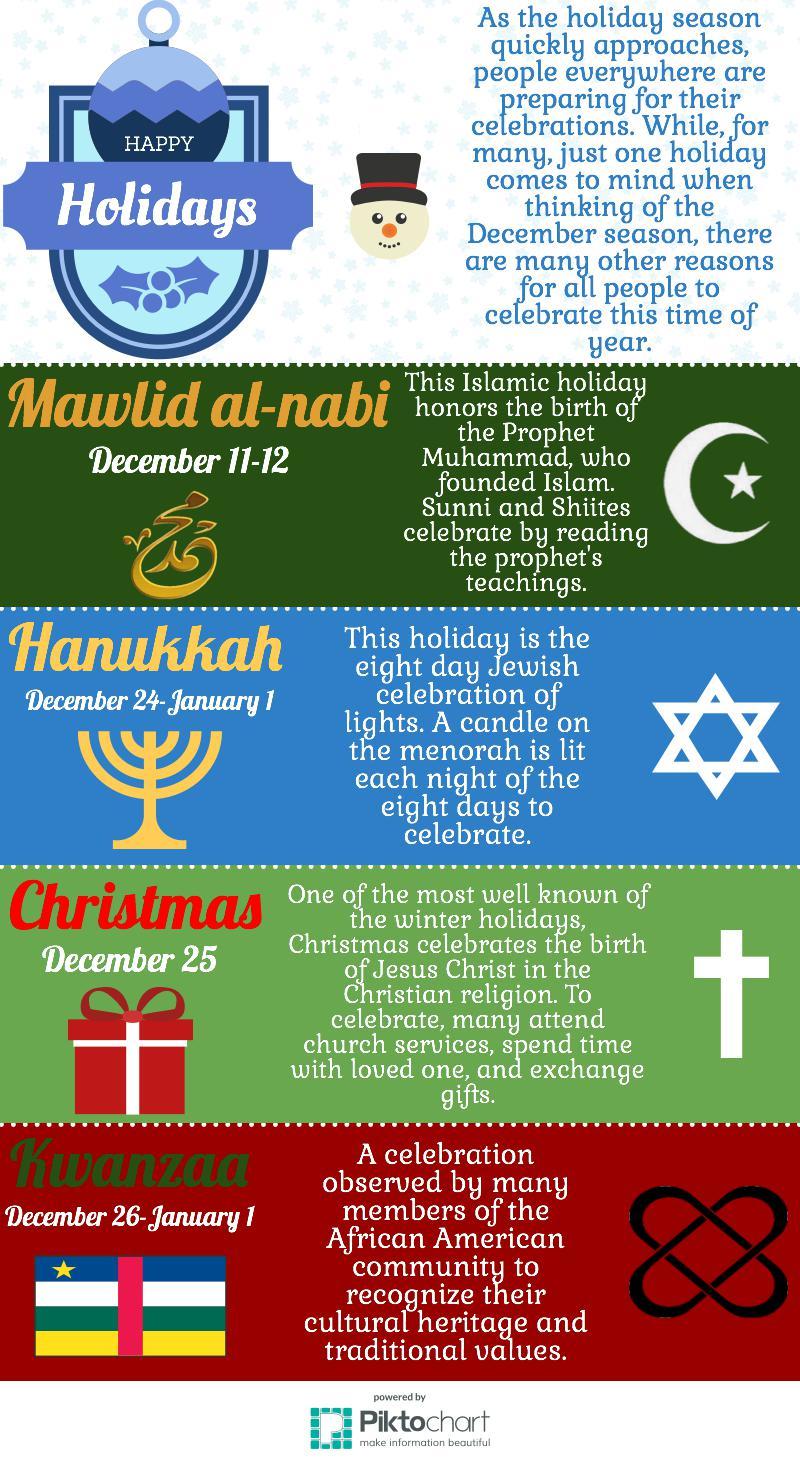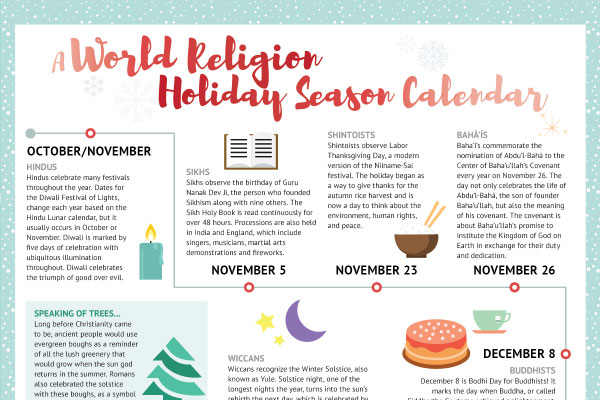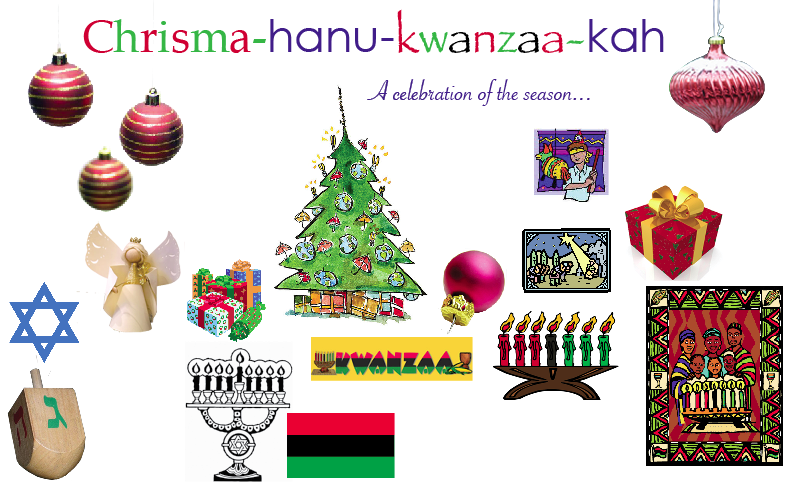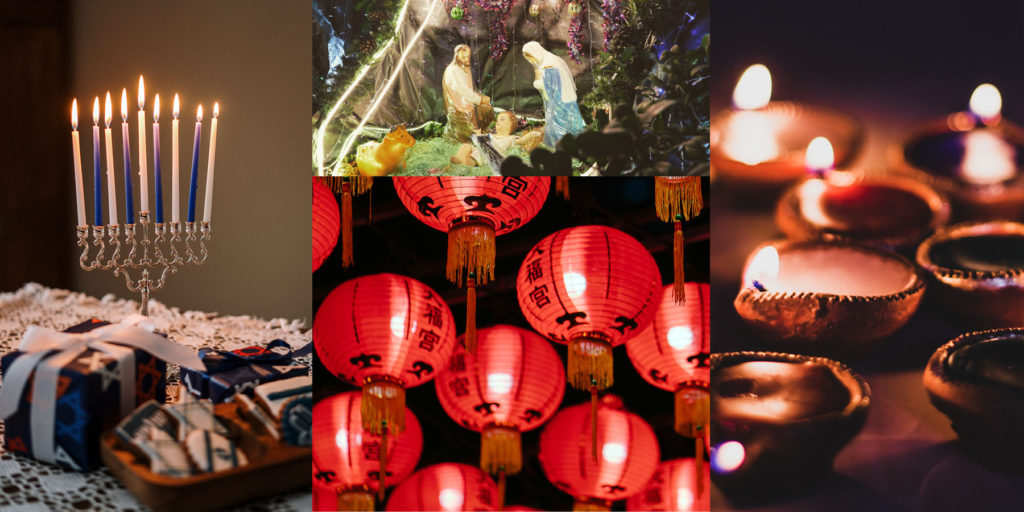
Christmas, as we know it, is a holiday commemorating the birth of Jesus Christ, observed primarily on December 25 by Christians around the world. However, the concept of a midwinter festival is not unique to Christianity. Many world religions and cultures have their own festivals and celebrations during this time of the year, often marking the winter solstice, the longest night of the year, or other significant events. In this article, we'll explore how various world religions observe holidays during the Christmas season.
Hinduism: Pancha Ganapati
In Hinduism, the winter solstice is not specifically celebrated, but the festival of Pancha Ganapati, which honors Lord Ganesha, the remover of obstacles, is observed from December 21 to 25. This festival was created in 1985 by Satguru Sivaya Subramuniyaswami, a Hindu spiritual leader, to promote a more spiritual and family-oriented celebration during the winter holiday season. During Pancha Ganapati, Hindus worship Lord Ganesha and seek his blessings for a prosperous and peaceful new year.
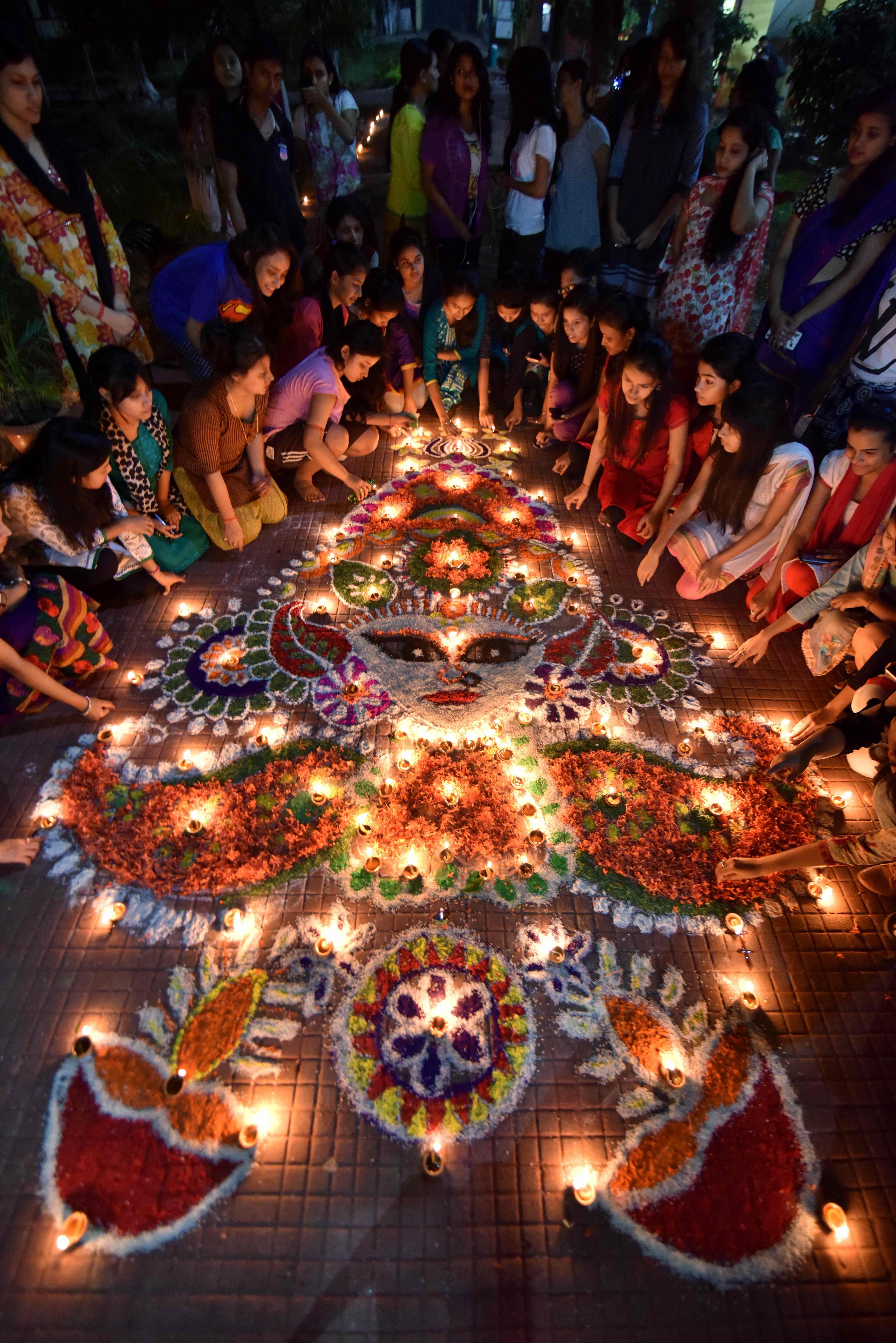
Judaism: Hanukkah
Hanukkah, also known as the Festival of Lights, is an eight-day Jewish holiday that usually falls in late November or December. It commemorates the rededication of the Second Temple in Jerusalem during the Maccabean Revolt of the 2nd century BCE. According to legend, a small group of Jewish rebels, the Maccabees, recaptured the temple from the Syrian-Greek army and found a single jar of oil that had been left untouched. The oil was only enough for one day, but miraculously, it lasted for eight days, allowing the Jews to prepare new oil for the temple. To celebrate this miracle, Jews light the Hanukkah menorah, exchange gifts, and enjoy traditional foods, such as latkes and sufganiyot (jelly donuts).
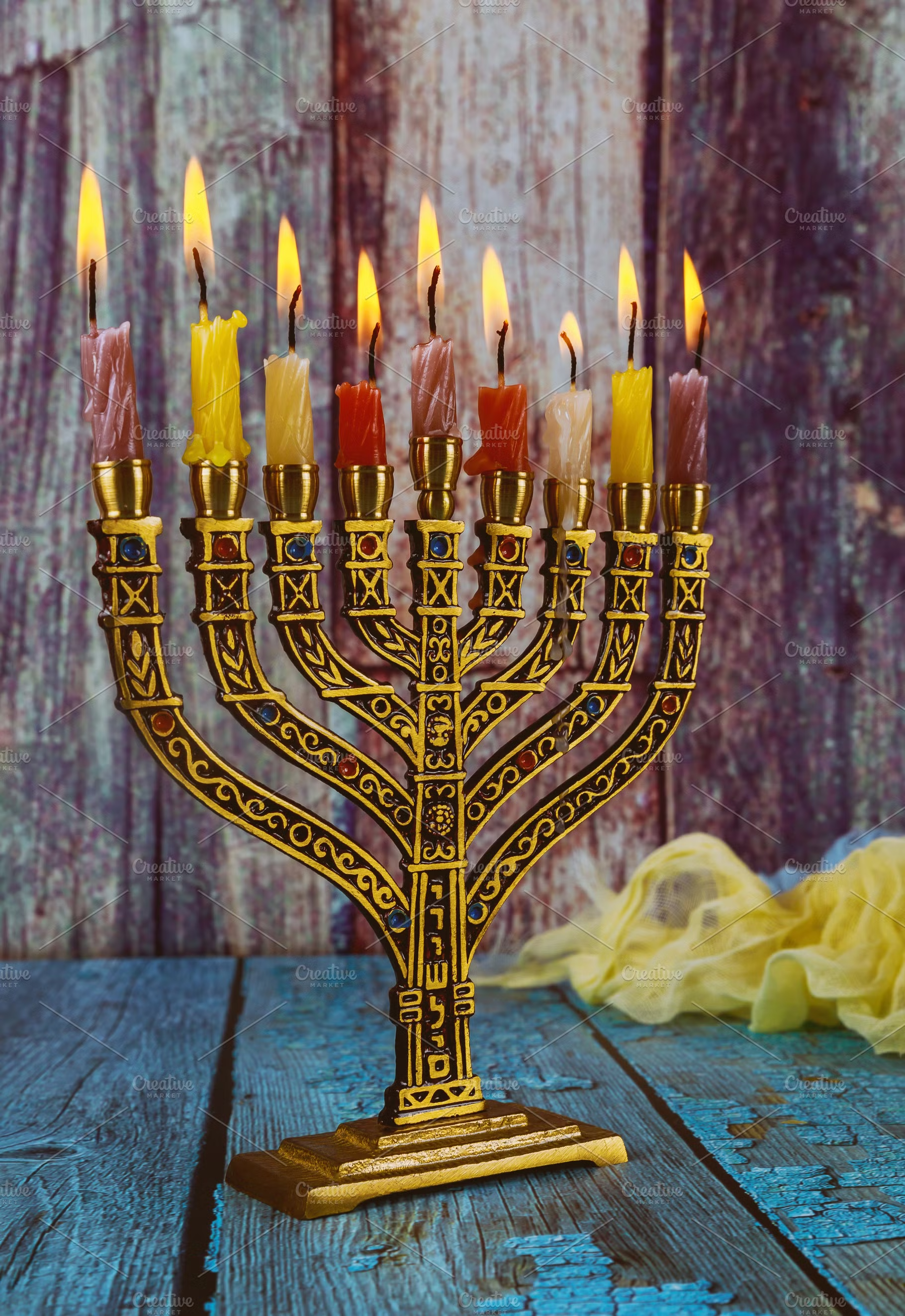
Buddhism: Bodhi Day
Bodhi Day, celebrated on December 8, commemorates the enlightenment of Siddhartha Gautama, the founder of Buddhism. According to tradition, Siddhartha sat under the Bodhi Tree and achieved enlightenment, becoming the Buddha, or the "awakened one." On Bodhi Day, Buddhists reflect on the principles of Buddhism, such as the Four Noble Truths and the Eightfold Path, and engage in meditation, chanting, and other spiritual practices.

Islam: Eid-al-Mawlid
Eid-al-Mawlid, also known as the birthday of the Prophet Muhammad, is celebrated on the 12th day of the Islamic month of Rabi' al-awwal. Although not all Muslims observe this holiday, it is an important event in many countries, especially in the Middle East and North Africa. On Eid-al-Mawlid, Muslims gather for prayers, processions, and other festivities to honor the life and teachings of the Prophet Muhammad.

Sikhism: Guru Gobind Singh's Birthday
Guru Gobind Singh, the tenth Sikh Guru, was born on January 5, 1666. His birthday is celebrated as a significant holiday in Sikhism, often falling in late December or early January. On this day, Sikhs attend special prayers and processions, known as nagar kirtans, and engage in acts of charity and service.
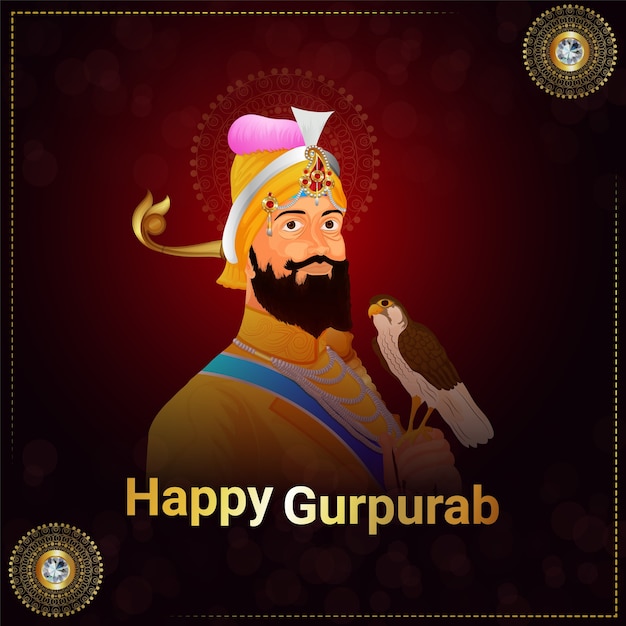
Paganism and Winter Solstice Celebrations
Many ancient cultures celebrated the winter solstice, the longest night of the year, with festivals and rituals to mark the return of the sun. In modern times, pagans and followers of nature-based spiritualities continue to observe the winter solstice, often on December 21 or 22. These celebrations may involve rituals, bonfires, and feasting to honor the cycle of nature and the rebirth of the sun.

Gallery of Winter Holidays Around the World




FAQs
What is the significance of the winter solstice?
+The winter solstice marks the longest night of the year and the beginning of the sun's journey back towards the equator. Many ancient cultures celebrated this event with festivals and rituals to mark the return of the sun.
How do different cultures celebrate the winter holiday season?
+Different cultures celebrate the winter holiday season in unique ways, often reflecting their spiritual, cultural, and historical traditions. For example, Christians celebrate Christmas, Jews observe Hanukkah, and Hindus mark Pancha Ganapati.
What is the importance of Bodhi Day in Buddhism?
+Bodhi Day commemorates the enlightenment of Siddhartha Gautama, the founder of Buddhism. It is a significant event in the Buddhist calendar, marking the attainment of spiritual awakening and the beginning of the Buddhist path.
As we can see, the winter holiday season is a time of celebration and reflection for many world religions and cultures. While each tradition has its unique customs and practices, they all share a common thread – the pursuit of spiritual growth, community, and joy during the darkest time of the year. By embracing and respecting these differences, we can foster greater understanding and appreciation for the rich tapestry of human experience.

